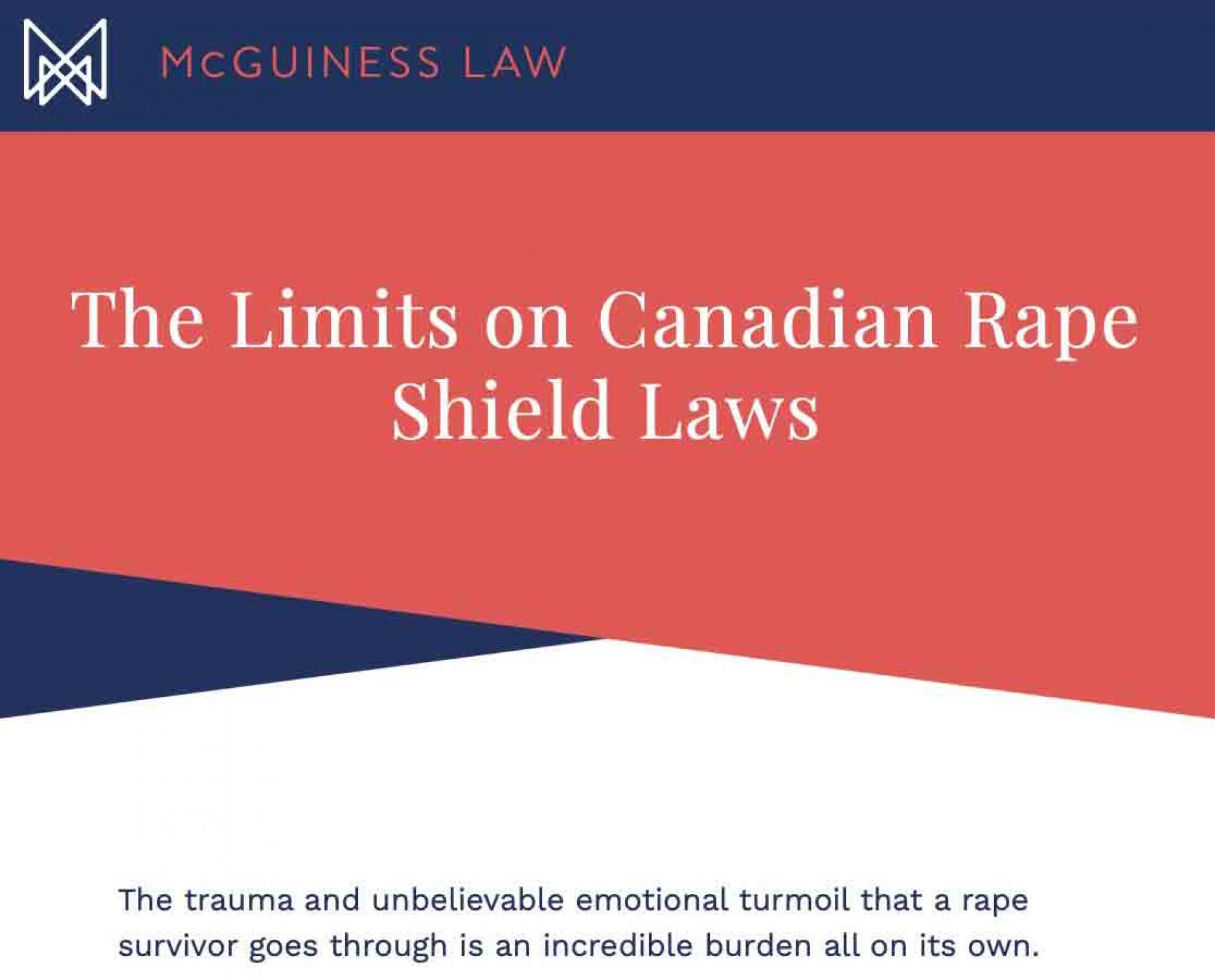
The trauma and unbelievable emotional turmoil that a rape survivor goes through is an incredible burden all on its own.
Now, consider that same individual being poked and prodded in court with probing questions about their sexual past that do not pertain to the situation at hand. Or, consider the case in which an innocent individual may be accused of sexual or other crimes, and the accused and accuser are not afforded a fair and balanced chance.
But what is in place to help prevent these types of scenarios?
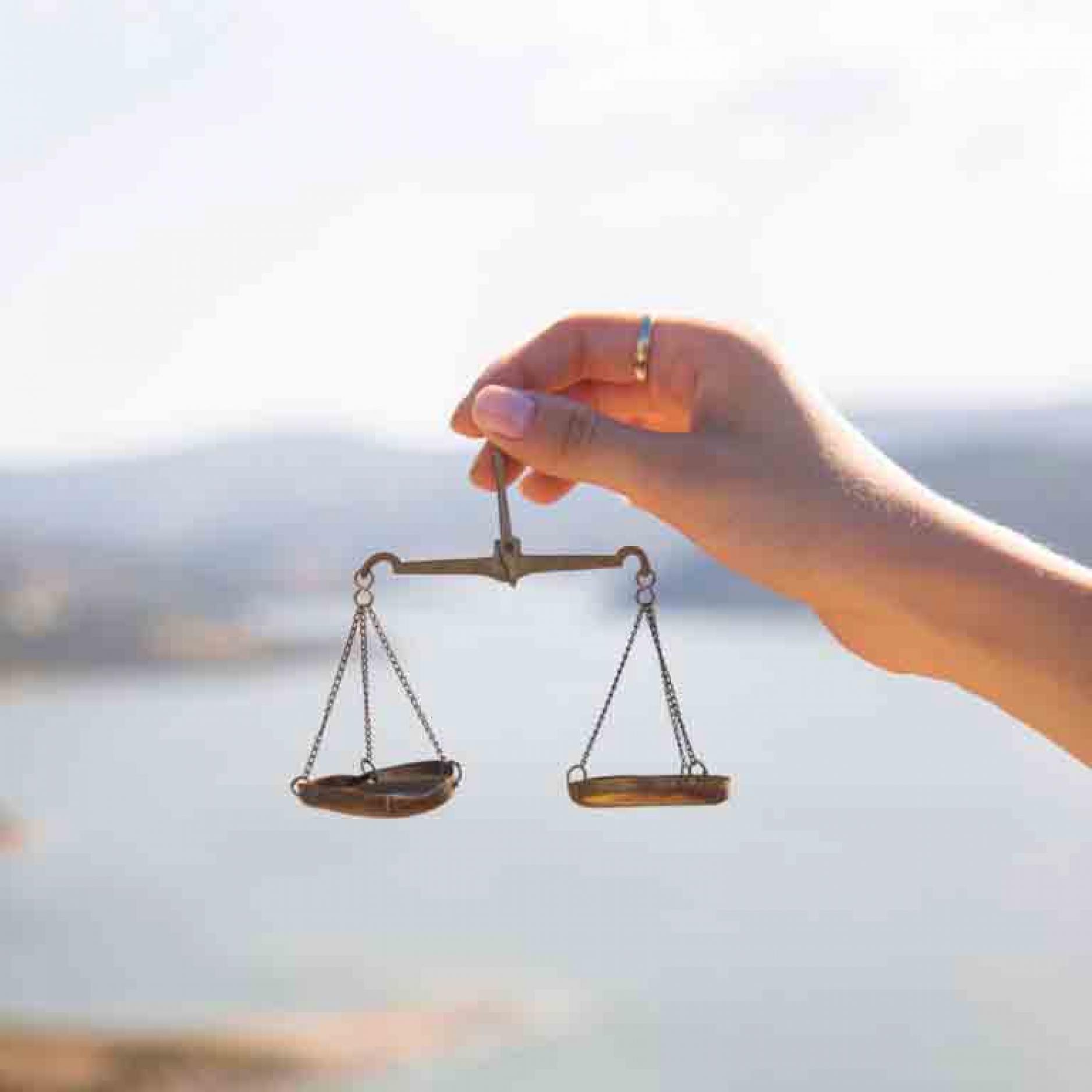
One such provision can be found in Canadian Rape Shield laws. Rape Shield law limits the defendant’s (the accused) ability to use past sexual activity of the plaintiff (the accuser or victim) as rape trial evidence. This helps to keep the plaintiff from being discredited due to past activity that has nothing to do with whether the defendant is innocent or guilty.
However, it is also limited to not unjustly preventing the defense from cross-examination when it is determined that questioning is key to discovering the truth. This helps to balance the rights of the defendant with the right of the plaintiff to be safe and protected.
Section 276
In order to protect victims of sexual assault, provisions were introduced via Section 276 of the Criminal Code that limits the ability of the defendant to present evidence. Twin myths evidence is not allowed. “Twin myths” refers to two assumptions that are often suggested about victims of sexual assault.
Myth one is that someone with a very active sexual history cannot be trusted or believed as much as someone who has not been as sexually active. Myth two is that consent, or lack thereof can be determined by the victim’s sexual history.
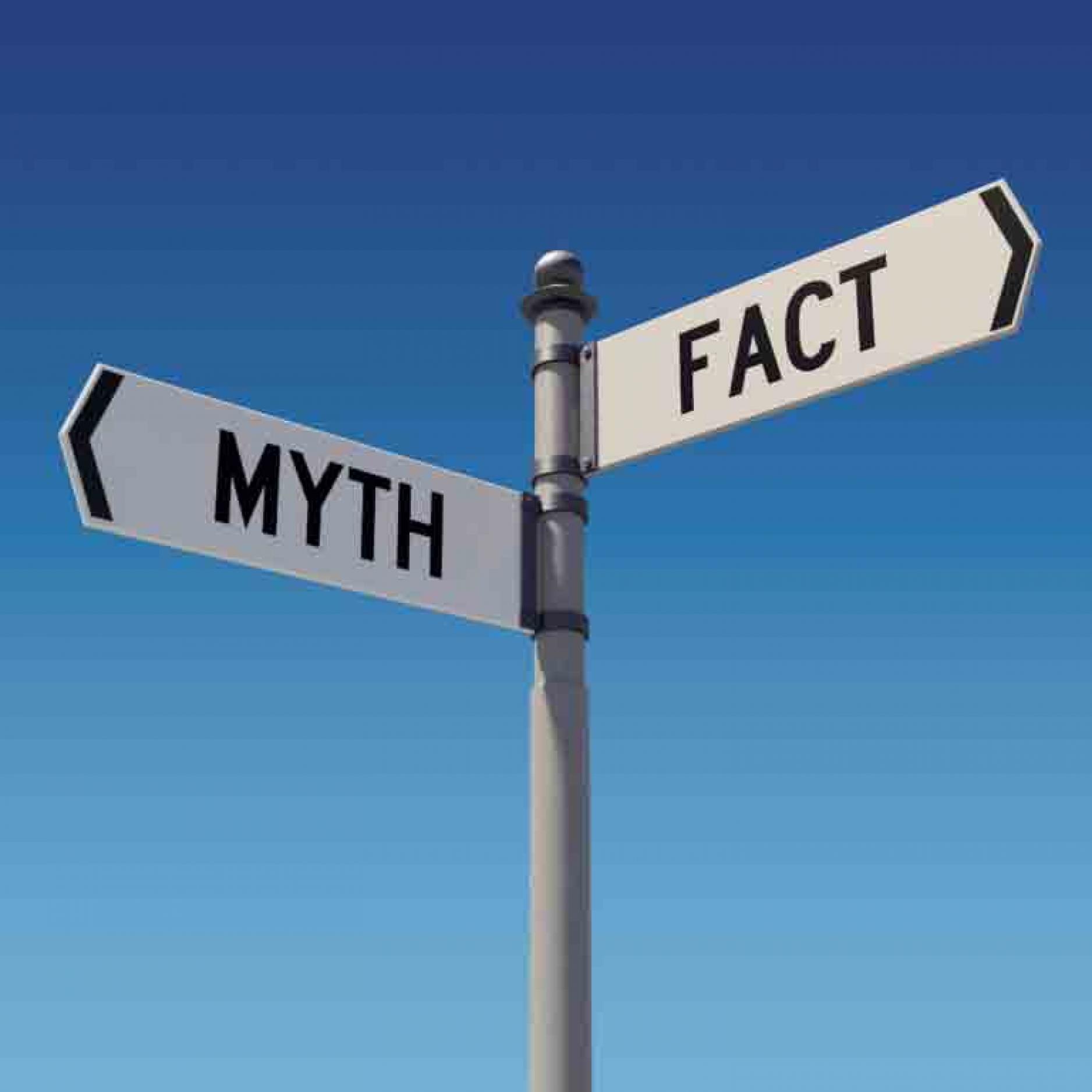
- If counsel does wish to ask questions about the plaintiff’s sexual history, permission must be asked, and counsel must succeed in convincing the judge that:
- The value of the evidence is significant enough that the risk of prejudice does not outweigh it.
- The evidence is relevant to the specific case and does not imply the twin myths.
- The questions being asked pertain to specific sexual activities and not the plaintiff’s overall sexual history.
What About the Defendant’s Rights?
The Charter of Rights and Freedoms protects cross-examination. Cross-examination is key in all criminal cases, as it falls under the right to give a full answer and defense. Cross-examination is critical in the case of sexual assault. It is one of the most crucial ways to determine if there are flaws in the evidence given by a witness or if the witness has changed his or her story. There is hardly a better way to uncover lies and important information and correct errors than cross-examination.
Still, despite being so important, cross-examination is not an absolute right. Questions being asked must be relevant to the specific case and details at hand. The judge will use the three elements mentioned above to balance the plaintiff’s rights with the defendant’s.
If evidence impacts reasonable doubt, cross-examination is necessary. The chances of approval of cross-examination by the judge should go up with how substantial the evidence is.
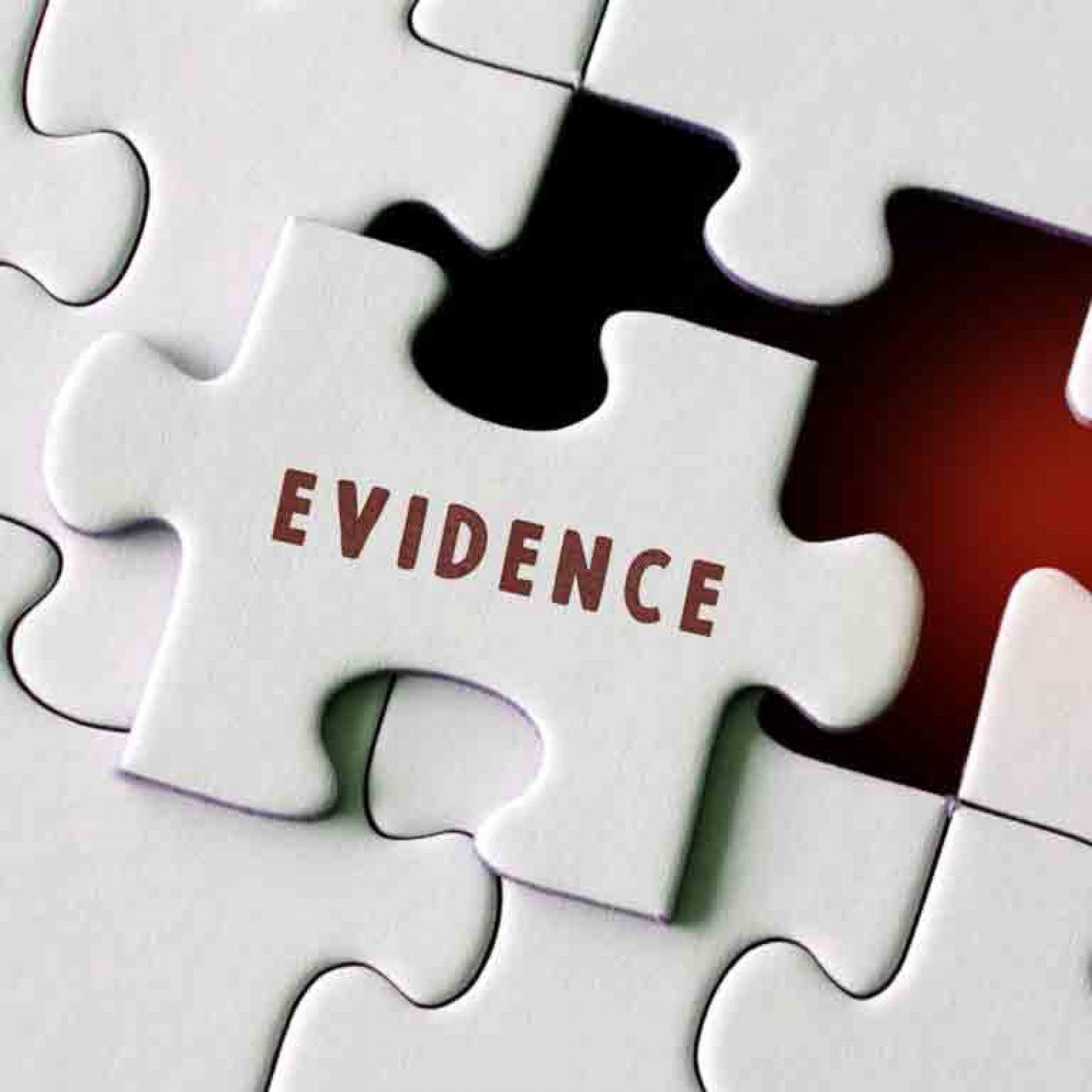
Rape shield laws are needed to protect survivors of abuse, but they can’t go so far as to rob the accused of protection and risk convicting an innocent person of a crime. Cross-examination is a vital tool to help prevent the conviction of innocent individuals. So, rape shield laws are limited so as to not bring out of balance the rights of both the accuser and the accused.
Emotional healing after a traumatic event such as sexual assault or abuse can be difficult. Give yourself the time to heal, seek support, and know that our team at McGuiness Law is here to support you when and if you feel ready to move forward with your case.
If you have any questions or need guidance, visit us at McGuinessLaw.com or call us toll-free at 1-833-585-4145. We offer you a free consultation, after which you are not obligated to continue with us.




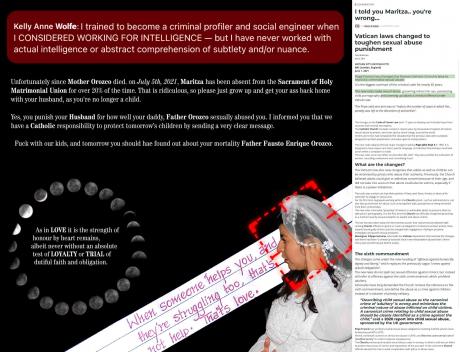
Comments